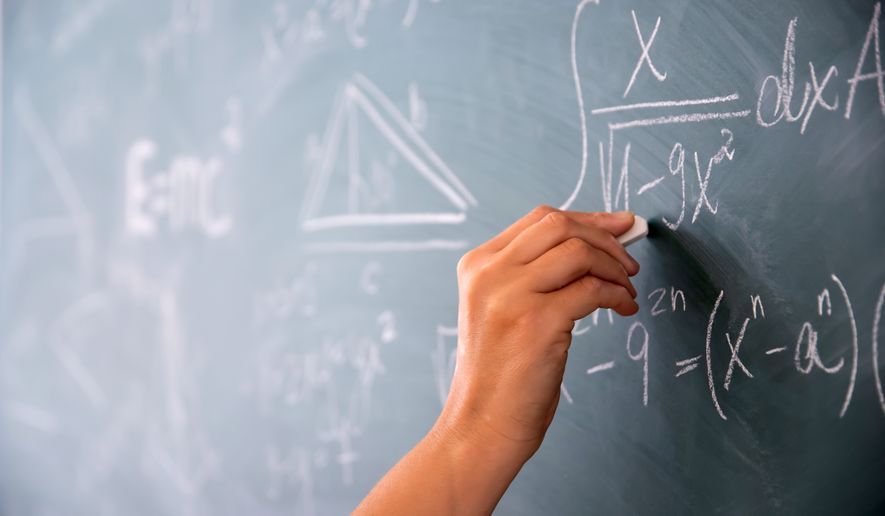SAN JUAN, Puerto Rico (AP) — The president of the Dominican Republic warned Wednesday that his administration would take “drastic measures” to protect the country if a U.N.-backed mission in neighboring Haiti targeting gang violence fails.
Luis Abinader did not provide details of what action he might take during his speech at the U.N. General Assembly in New York.
Gangs in Haiti control 80% of the capital, Port-au-Prince, and they have grown more powerful since the July 2021 assassination of President Jovenel Moïse. More than 3,600 people have been reported killed during the first half of this year, a more than 70% increase compared with the same period last year. The violence also has left nearly 700,000 Haitians homeless in recent years and thousands have fled Haiti, which shares the island of Hispaniola with the Dominican Republic.
Abinader thanked Kenya, which is leading the mission in Haiti with nearly 400 police officers from the East African country recently joined by nearly two dozen police and soldiers from Jamaica and two senior military officers from Belize. Another 300 police from Kenya are expected to deploy within a month.
The personnel, however, falls significantly short of the 2,500 pledged by various countries for the mission, which the U.S. government warns is lacking resources as it considers a possible U.N. peacekeeping mission.
Abinader said the current mission needs to be fully established so that free and transparent elections can be held. Haiti has not held elections since 2016, and a transitional presidential council was ordered to do so by February 2026.
“Practically one year from the holding of elections, the conditions are still not in place to do so,” Abinader said as he expressed concern over the future of the mission. “We cannot allow the effort made to date to fail. If that were to happen, Haiti’s collapse would be imminent.”
Earlier this year, gangs launched coordinated attacks targeting critical government infrastructure. They raided more than two dozen police stations, opened fire on the main international airport, forcing it to close for nearly three months, and stormed Haiti’s two biggest prisons, releasing roughly 4,000 inmates.
The attacks led to the resignation of former Prime Minister Ariel Henry and the creation of a transitional presidential council.
“More than three years of instability in our neighboring country has put significant pressure on our own security,” Abinader said. “The Dominican state has shouldered a high responsibility in the Haitian crisis, far more than should be expected of it.”
Abinader said that last year, 10% of medical appointments involved Haitians and that 147,000 of 200,000 foreign minors in the Dominican education system are Haitian in origin.
“The crisis in Haiti warrants particular attention,” he said. “We can’t do it alone.”
Under Abinader, Dominican officials last year deported more than 170,000 people believed to be Haitians, according to government data. But the U.N.’s International Organization for Migration has estimated the number is closer to more than 224,000.
Activists have long criticized Abinader and his administration for what they say is the ongoing violation of the human rights of Haitians and those born in the Dominican Republic to parents of Haitian descent.
Abinader has rejected the accusations, reiterating Wednesday that “the Dominican government is profoundly committed to protecting human rights.”
In his speech, he noted that the Dominican Republic’s 19% poverty rate is the lowest in the country’s history, and the murder rate has dropped to 10 killings for every 100,000 inhabitants, compared with 13 in 2022.
The president of Haiti’s transitional presidential council, Edgard Leblanc Fils, is scheduled to speak Thursday at the U.N. General Assembly.
He and other government officials did not respond to messages for comment following Abinader’s speech.
Also on Wednesday, U.S. Secretary of State Antony Blinken, who recently traveled to Haiti, met with other officials at the U.N. to discuss the mission. They talked about the status of contributions, the timeline of other deployments and the possibility of a U.N. peacekeeping mission as one option to secure funds and personnel.
A senior U.S. State Department official said the most urgent priority is to renew the mission’s mandate, which expires Oct. 2.
The official said the U.S. and some of its partners would like to make changes to the mandate to lay out a path “to become a more traditional peacekeeping operation,” but the Russians and Chinese, who supported the initial mandate, have expressed concerns about doing that.
The main benefit of modifying the mandate would be securing a more stable funding stream for the mission: “We’re optimistic that the renewal will happen in some form,” the official said.
Prime Minister Garry Conille said during the meeting that while Haiti’s situation has improved a bit, “we’re nowhere near winning this.”
He said about 25% of Haiti’s police officers have left the country, and of those still working, about two are wounded and one killed every week.
“The police force right now is underequipped to be able to handle this and will need further support and help and accompaniment if we’re to be successful,” Conille said.
He said he expects Haiti to hold elections by November “even though we know we will not have the highest level of security.”
During the meeting, Blinken announced an additional $160 million to help Haitians and U.S. Treasury Department sanctions against former Haitian lawmaker Prophane Victor, accused of supporting and arming gangs. Also sanctioned was gang leader Luckson Elan, accused of human rights abuses.
Neither could be reached for comment.
In a message delivered to officials who met to talk about the mission, U.N. Secretary-General António Guterres said the first deployments were a positive step but warned gangs are still committing “egregious human rights abuses” and that funding for the mission “remains totally inadequate.”
“Improving security is crucial to creating the conditions necessary for these elections,” he said as he described the situation in Haiti as “one of the most disastrous humanitarian situations in the world.”




















